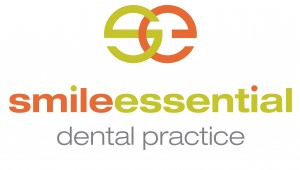
Around 1 in 5 people will suffer from mouth ulcers at some point in their life and 17% of the population suffer from recurrent mouth ulcers. But what causes mouth ulcers? It may surprise you to know that the exact cause of mouth ulcers is still not known.
Most mouth ulcers are caused by things you can try to avoid, such as:
• Biting the inside of your cheek
• Badly fitting dentures, braces, rough fillings or a sharp tooth
• Cuts or burns while eating or drinking – for example, hard food or hot drinks
• Food intolerance or allergy
• Spicy foods
• Damaging your gums with a toothbrush or irritating toothpaste
• Feeling tired, stressed or anxious
The odd mouth ulcer is usually harmless and heals up on its own with the help of treatment. You should seek medical advice from a dentist or GP if you have a mouth ulcer that lasts for 3 weeks or longer or it keeps on coming back.
Occasionally cases of recurrent or complex mouth ulcers can be caused by an underlying health condition, such as an impaired immune system; nutritional problems, such as vitamin B-12, zinc, folic acid, or iron deficiency and gastrointestinal tract disease, such as Coeliac disease and Crohn’s disease.
Sometimes medications can cause mouth ulcers, if you notice a correlation between your medication and mouth ulcers then it’s important you continue with the medication but get checked out by your GP as soon as possible.
Pain from a mouth ulcer doesn’t usually require treatment however you can use over the counter remedies such as Bonjela which may help to relieve some of the discomfort temporarily. Pain from a mouth ulcer generally lessens in a few days and the sores usually heal without treatment in about a week or two.
If sores are large, painful or persistent, your dentist may prescribe an antimicrobial mouth rinse, a corticosteroid ointment, or a prescription or non-prescription solution to reduce the pain and irritation.


